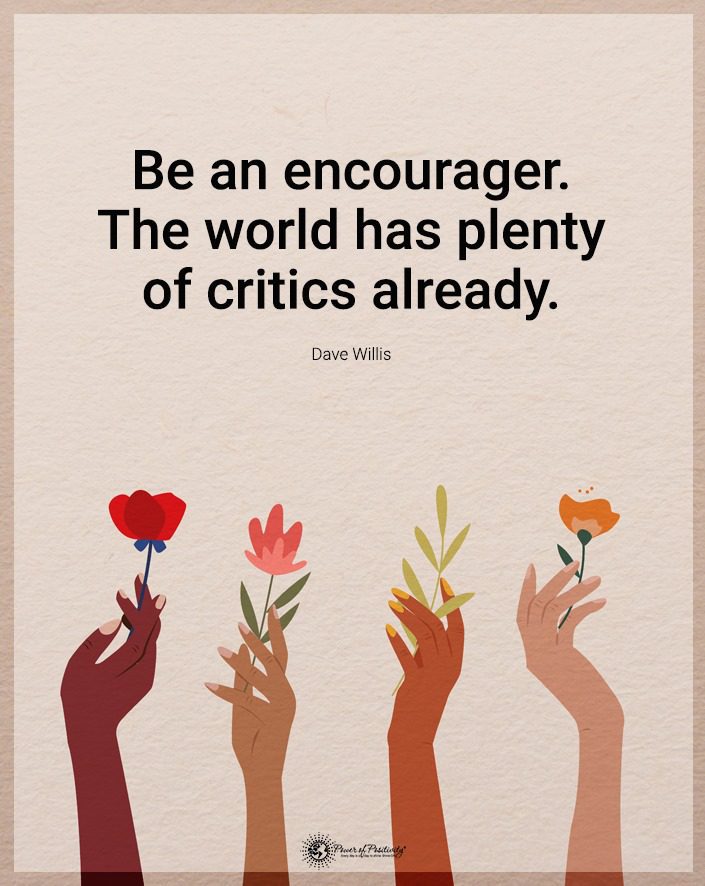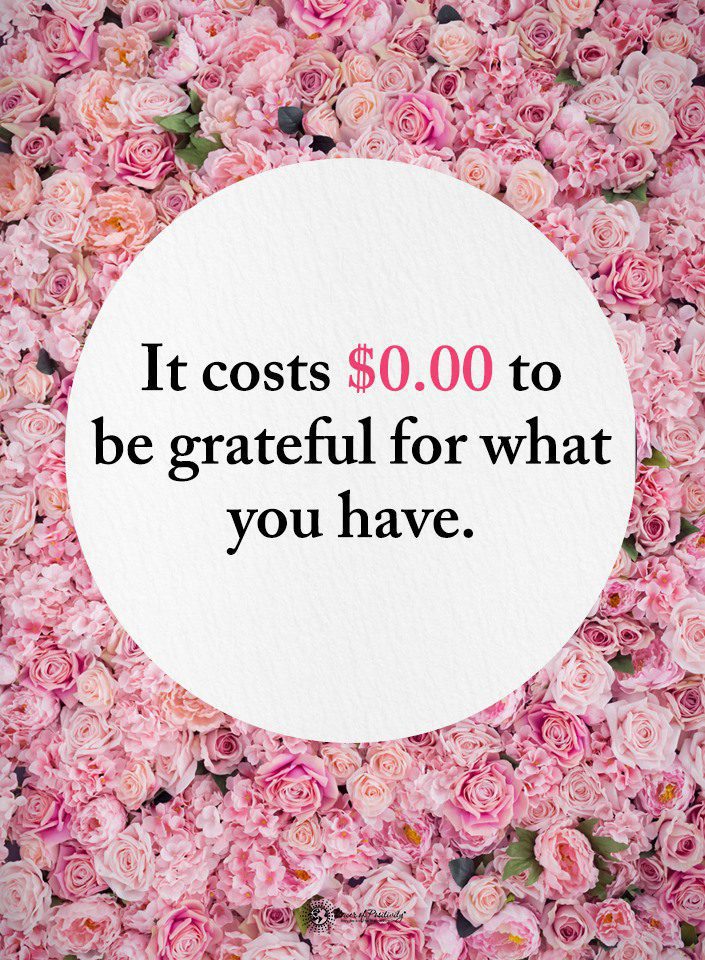You might not know that it’s possible to tell a lot about your health just by looking at your face, but there is information revealed by just looking in the mirror.
What Does Your Face Reveal About Your Health?
The mirror has a lot to tell you when you look at the skin of your face because it can show underlying health problems. If you see some symptoms of the disease on the surface of your skin, it’s important to receive a test for health issues for the organs that correspond with that location of the skin problem on your face.
Distinctive facial features and what they reveal about your health
Researchers at the Department of Psychology of the University of Western Australia looked at the ways that body symmetry is associated with health. They ranked participants’ faces for symmetry (looking the same on both sides of their face), averageness (looking less distinctive than other people), and for distinctiveness (looking different from the average person). They found that facial distinctiveness ratings of 17-year-olds were associated with poor childhood health in males, and poor current and adolescent health in females.
Scientists then tested peoples’ perceptions of a healthy-looking face compared to an unhealthy face. When asked to rate faces for their perceived health, people gave averaged composite faces the highest health ratings, which is what they expected. Having an average-looking face is equated with being healthy. Symmetrical faces may signal a healthy mate. But we also tend to have preferences for symmetry in the design of our homes, our furnishings, and our clothes. Our pursuit of attractive and aesthetically pleasing faces may not be simply a pursuit for a healthy mate based on their face.
Skin discoloration
Smoking, drinking too much, and eating too many of the wrong kinds of foods can all discolor your skin. Here are some of the most common facial skin discoloration problems and what they reveal about your health.
- Redness – A night of heavy drinking can make your face ruddy or red in the morning. Redness can also be due to an allergic response.
- Blotchiness – Patchy redness can indicate rosacea, a skin inflammation response to an environmental irritant
- Pale – a lack of blood flow to the face could indicate that a person is going to pass out.
- Greenish – Usually an indication of nausea and potential vomiting. This could be from food poisoning, overeating, or excessive alcohol drinking.
- Yellow – A yellow color to the skin and the whites of the eyes is a big cause for concern. This could indicate jaundice, liver disease, pancreatic disease, or gall bladder disease. Skin of the face can also become yellowish if you consume a lot of yellow or orange food that contains carotenoids like carrots or tomatoes.
Skin conditions
- Dryness – Dryness is your skin’s way of asking for more moisture.
- Flaky skin – skin naturally loses its top layer but flaky skin is usually more than just the surface layer of skin cells that shed. Exfoliate by scrubbing gently with a dry washcloth and apply a heavier moisturizer than usual. A few drops of coconut oil, olive oil, or castor oil will help relieve dryness.
- Acne – Acne is an inflammatory response to clogged pores.
- Deep Wrinkles – wrinkles are a normal part of growing older but deep creases may indicate that you are sleeping poorly with a pillow that is not conforming to your face.
What these zones of the face can reveal about your health
In Traditional Chinese Medicine and in Ayurvedic practices, acupressure stimulates parts the feet, face, and hands. This pressure can activate the body’s energy to heal other organs. There are energy meridians running up and down our bodies, similar to our veins and arteries. Along these energy meridians are corresponding points that when stimulated send energy to repair your internal organs.
Researchers studying acupuncture’s effects on the skin found that ‘In the field of dermatology, acupuncture has been reported to be beneficial for the treatment of acne, post-herpetic neuralgia [burning rash similar to shingles], psoriasis, atopic dermatitis, and urticaria [itchy welts].’ They say that ‘Acupuncture is an old therapeutic method that includes both needle and non-needle acupuncture. Non-needle acupuncture includes moxibustion [smudging the body with mugwort], cupping, and acupressure.’
By stimulating these points on the face, a practitioner of acupuncture or acupressure can help heal these corresponding bodily organs.
- Forehead – bladder, liver, stomach, gall bladder
- Eyebrow – thyroid, liver, kidney
- Chin – kidney, bladder
- Nose – heart
- Ears – kidney
- Under eye – stomach, kidney, liver
- Upper cheek – heart, colon
- Lower cheek – lungs, stomach, colon
- Upper lip – stomach
- Lower lip – intestines
- Below nose – spleen
The theory of Traditional Chinese and Ayurvedic medicine is that any skin problems in these areas relate to underlying health problems in the correlating organs. For example, a person with rosacea on their upper cheeks might have inflammation in their colon or problems with the heart or lungs.
Bottom line. Closely analyze changes in your face and skin on the rest of your body. This attention can make a huge difference in what health results you achieve. Awareness of any situation is of utmost importance, especially when it comes to your life.












